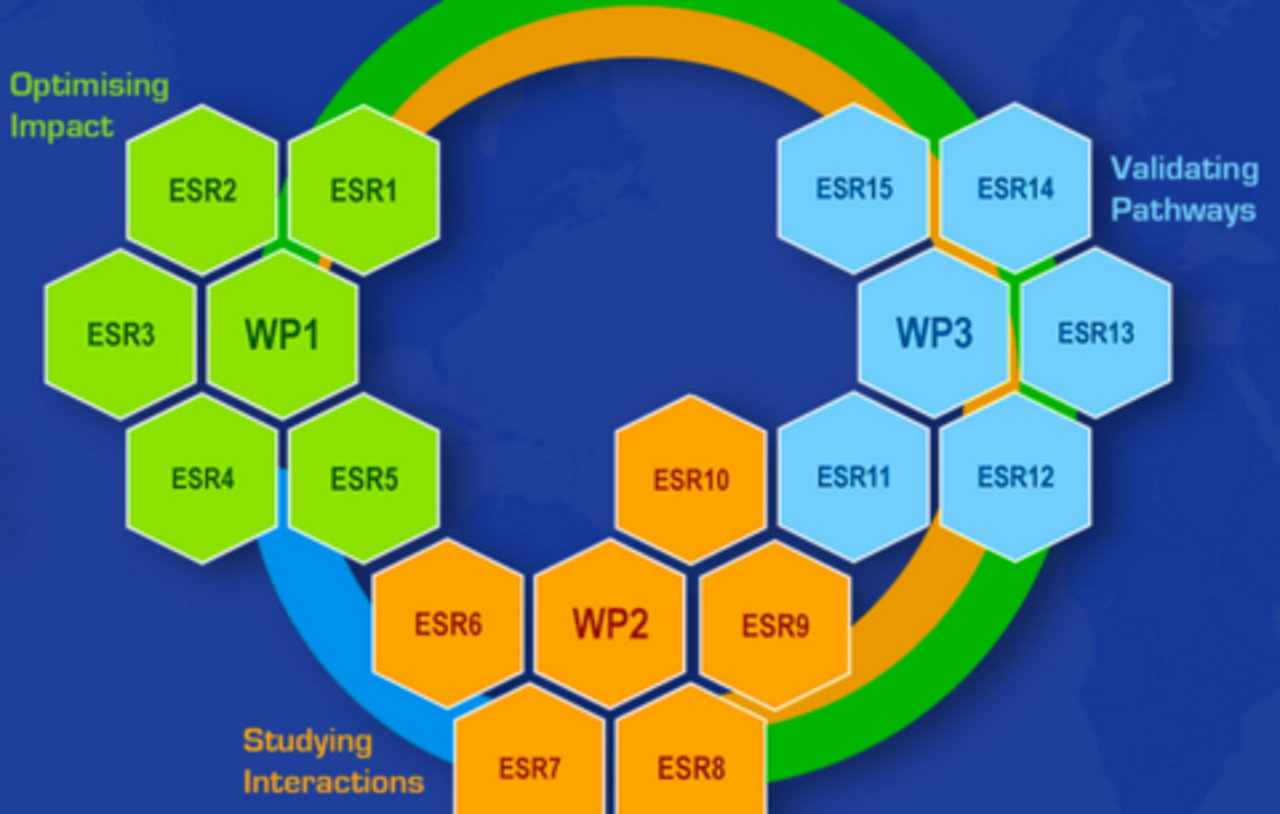European Joint Doctorate (EJD) ADAPTED
Eradicating Poverty: Pathways towards Achieving the Sustainable Development Goals
The Overarching Aim of the EJD ADAPTED project is to deliver high-level training with intersectoral relevance in
- validating pathways towards poverty eradication,
- analysing interactions between poverty reduction and other policy areas
- and optimising the impact of poverty reduction policies
to high achieving early stage researchers (ESRs) to bridge the existing knowledge gap in understanding poverty dynamics and by equipping the ESRs with a unique skills portfolio that is equally attractive for research institutions, development organisations and internationally active firms.
EADI's role in the consortium is to provide early stage researchers with advice and training on the dissemination of research output and acts as a global dissemination platform for the ESRs.
The EJD ADAPTED is a consortium of European Universities, important internationally active European development organisations and think tanks and six African partner universities. Within ADAPTED,
- the European universities – including Ruhr-Universität Bochum, Germany (coordinator), Erasmus University Rotterdam and Vrije Universiteit Amsterdam, Netherlands, Boğaziçi University, Turkey, and Centre National de Recherche Scientifique in partnership with Université Paris 1 Panthéon Sorbonne, France – will host the ESRs, direct their research, organise training and implement the European Joint Doctorate based on project-specific binational agreements (cotutelles de these),
- the Agence Française de Développement (AFD), the Deutsche Investitions- und Entwicklungs GmbH (DEG) and the Centre for Research on Multinational Corporations (SOMO) host selected ESRs during non-academic secondments and add to the intersectoral relevance of the research done within the consortium while the European Association of Development Research and Training Institutes (EADI) provides ESRs with advice and training on the dissemination of research output and acts as a global dissemination platform for the ESRs,
- researchers from six cooperating African partner universities, including the University of the Western Cape and the University of Cape Town (South Africa), Bahir Dar University (Ethiopia), University of Development Studies (Ghana), Moi University (Kenya), and University of Douala (Cameroon), will supervise ESRs during field work, provide them with access to local actors and to locally available data sets and link them to the non-academic sector in the fieldwork countries.
More information is available on the



